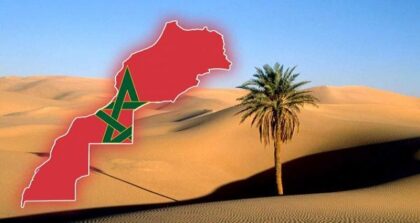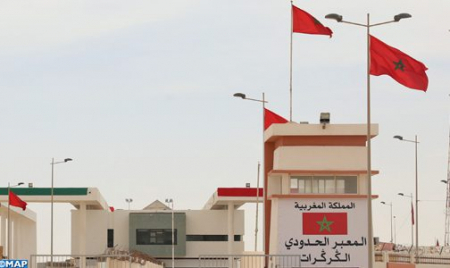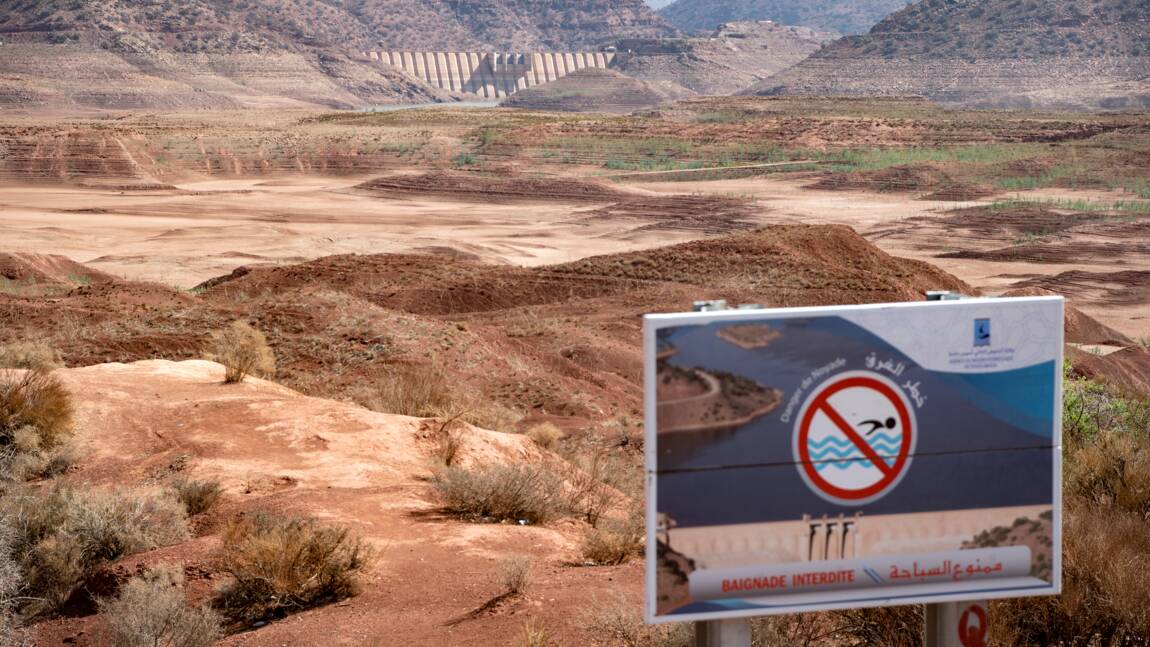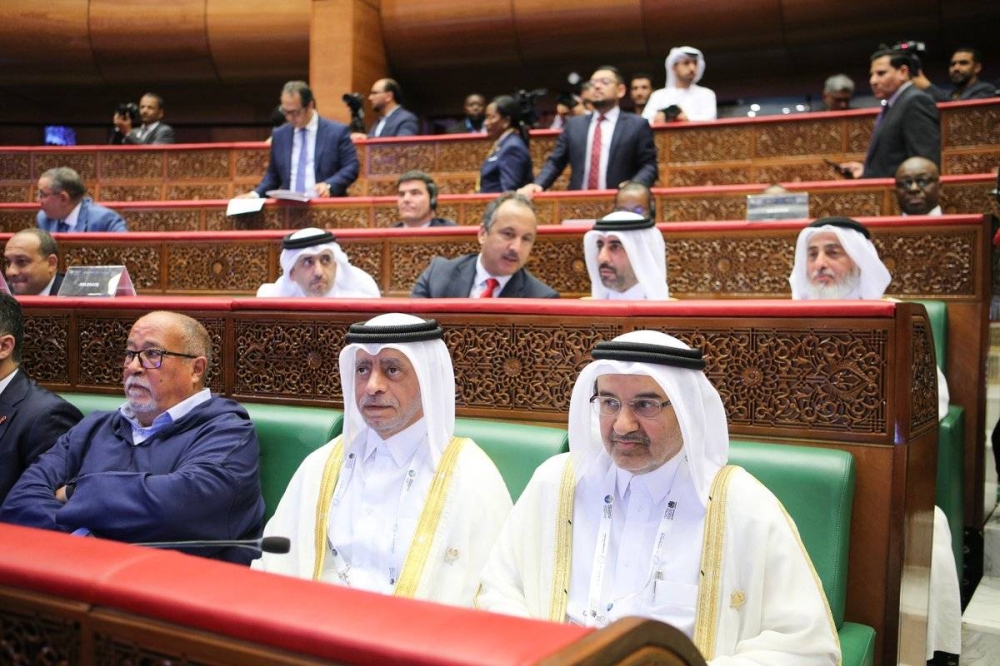The growing international community’s support for Morocco’s Autonomy plan offered for the Sahara under its sovereignty, marks a milestone for Moroccan diplomacy in addressing the long-standing Sahara regional conflict, says Modern Diplomacy magazine in its latest issue.
In an Op-Ed titled:”The Autonomy Plan: Is it the Endgame for the Moroccan Sahara?”, scholar Jamal Ait Laadam says the Moroccan initiative comes in a global political system that is quickly changing to tackle and resolve regional and worldwide conflicts.
The Autonomy offers a middle ground between competing requests for distinct sovereignty and a unified State, making it easier to reach a compromise, he explains, noting this proposal can lay the foundation for a long-term solution by addressing the complex issue of sovereignty, which has been a major challenge in numerous conflicts.
The Moroccan autonomy initiative, introduced by the North African Kingdom in 2007, presents a logical perspective that includes self-government and can be adapted to multiple situations, adds the analysis, stressing that this initiative illustrates Morocco’s dedication to its national interests and territorial integrity.
Several countries, including the United States, Spain, Germany, Arab and African States laud this proposal as the most credible and practical approach to resolving the Sahara dispute, underlines the expert in international relations.
Morocco, which is currently an emerging economy and a regional power, is gaining international support because its proposed plan is based on reality, fairness, and legitimacy, rather than ideology or hard power, affirms the university lecturer.
The Moroccan initiative aligns with UN resolutions and the Moroccan government is dedicated to creating conditions for a process of dialogue and negotiation that will result in a mutually acceptable political solution, says the author of the analysis of Modern Policy.
He also affirms that this initiative is part of building a democratic and modern society based on the rule of law, individual and collective freedoms, as well as economic and social development. It promises a better future for the people of the region, puts an end to separation and exile, and promotes reconciliation.
Thus, Morocco is urging all parties to take advantage of this opportunity to usher in a new chapter in the history of the region. It is prepared to participate in sincere and productive discussions, in line with the spirit of this initiative, and to help foster a climate of trust, says the foreign policy expert.
The UN Security Council has strongly urged the parties to the Sahara conflict to resume negotiations and reactivate the political process with the participation of Algeria, Morocco, Polisario, and Mauritania. If any party withdraws from the negotiating table, it will suffer serious consequences and actions from the international community, particularly the UNSC, warns the analyst.
The Sahara conflict continues to present significant challenges to regional stability, but current diplomatic efforts show hope for settlement progress, says the study, stressing the need for the UN Security Council to expedite the gathering of all conflicting parties to earnestly engage in reaching final resolutions.
The Moroccan plan is welcomed by the global community as a serious and credible initiative for the definitive settlement of this regional conflict within the framework of the Kingdom’s sovereignty and territorial integrity, underlines the expert, urging Washington and Paris to exert pressure on Algeria and Polisario to advance the UN-led political process for the settlement of this regional conflict.



